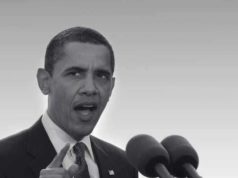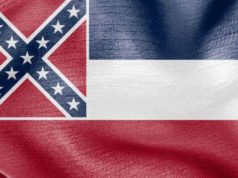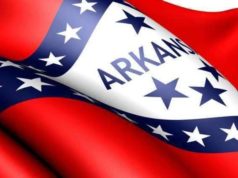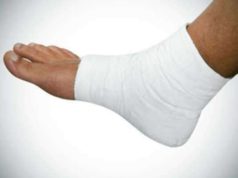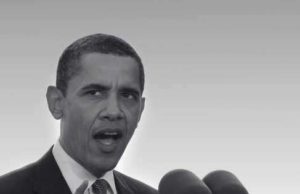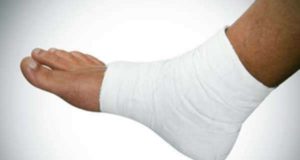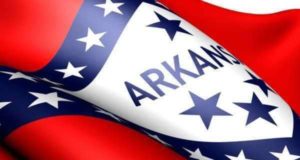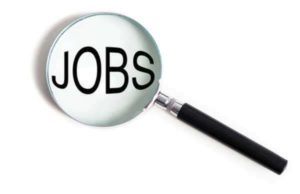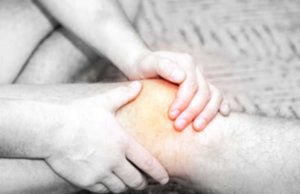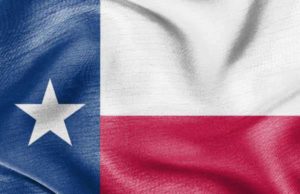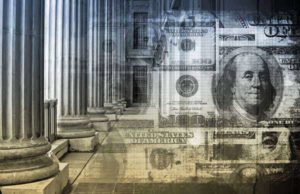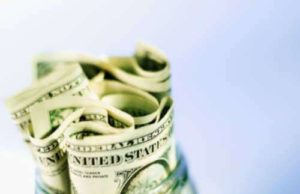
What is the Dole-Bayh Act?
The Dole-Bayh Act allows institutions, particularly universities that make discoveries using federal funding the right to those patents for those discoveries. The Act, also known as the Patent and Trademark Law Amendments Act gives these organizations control over their intellectual property, regardless of sources of funding by acknowledging the input of the organization. This also unified federal patent policy that had previously been comprised of twenty-six agency specific policies. One of the more controversial aspects of this bill is the right of the federal agency and others to “march in” and ignore patents while taking control of licensing arrangements if there is pressing need to improve its accessibility to commercial enterprises for the health and safety of consumers.
What are the obligations of organizations that retain the rights to their federally funded invention?
Small businesses retain control of their intellectual property by complying with federal standards for disclosure and distribution. These requirements include reporting said invention to the funding agency and granting the federal government a non-exclusive, irrevocable license for the use of the invention. The organization must promote and commercialize the invention, giving preference to American businesses and industries. Additionally, the organization must file for patent protect and share royalties with the inventor. The organization must be aware of the right of the government to issue a compulsory license as it sees fit.
Why was the Dole-Bayh Act enacted?
Before the Dole-Bayh Act, the government patent policy was inefficient and intellectual property belonging to the government was rarely commercialized, representing a loss of potential consumer growth and other benefits. The unification of the patent code ensured that not only funded institutions receiving federal money would understand the process, but would also be able to benefit from it, efficiently licensing the intellectual property in a way that the federal government could not.
The Dole-Bayh Act is instrumental in facilitating the transfer of technology throughout institutions, the government and the private sector. With these safeguards, technology transfer is expedited providing a synergy of the public and private sectors for the public good. Generally, the government will not enforce rules on the institution and the controversial “march-in” petition has never been filed successfully, largely protecting the rights of the federally funded institutions.
What are the flaws of government funded research?
In addition to typical fabrication and overstating of results to maintain funding, provisions that entitle the funding agency the rights to a product license and the potential for the agency to force the organization to grant more licenses as it sees fit. Although the government may provide a necessary and useful stream of resources, the potential rights that the government reserves, as listed in the Dole-Bayh Act may give some organizations reason for pause when accepting government funding.
What is a “march-in” petition in the Dole-Bayh Act?
March-in rights are established by the Dole-Bayh Act in Title 35 Part II Chapter 18 Section 203 and states that if the contractor, within a reasonable span of time does not work quickly enough to “achieve practical application of the subject.” The federal government has the authority, upon approval of the petition to force the owner of the intellectual property to grant a license, non-exclusive or otherwise, to expedite the practical application of the property. The march-in petition has never been granted by the federal government, but four requests have been made to the Nation Institutes of Health by pharmaceutical companies hoping to expedite the technology transfer to their company for the manufacture of drugs. The requests were denied all four times.
When have march-in petitions been filed?
In the petition of pharmaceutical company Cell Pro filing a petition with the National Institute of Health against John Hopkins University, Cell Pro charged that the organization had not released and commercialized its stem cell technologies quickly enough. The NIH ruled against the petition deciding that the company that was helping John Hopkins in developing the technology, Baxter International, was making sufficient progress in applying the technology. The NIH was also concerned about setting a poor precedent of the government interfering unnecessarily on public funded healthcare research.
In other cases, petitions were filed against companies perceived as charging too much for their manufactured medications as much as 4000% more than in other countries, provoking the ire of patients. As the NIH has stated that a “march-in” is an extraordinary remedy, it has also denied these petitions. Particularly, it has been wary of ruling on the price of medications, a task more suited to Congress. Like the Cell Pro case, the NIH does not want to establish a precedent of interfering with patent holders that are testing or unsure about their drug. Rushing a drug to market may impart some liability on the part of the government, which is something they would prefer to avoid. In the case of Norvir, a drug used to treat HIV/AIDS, the NIH also cited safety concerns about the drug that made further testing necessary.
For the drug Fabrazyme, patients that needed the drug filed the petition citing the manufacturer – Genzyme’s inability to produce an adequate number of medications to meet the needs of patients. They noted that the “patent owner and its exclusive licensee have harmed the public health by severely rationing the supply.” Genzyme was not meeting obligations to patient due to further testing and regulation by the FDA to ensure the drug was indeed safe. It had also rationed the medication to 1/3 of a dose, causing some patients to experience symptoms that had been previously treated.
The NIH ruled on the side of Genzyme, noting that even if the petition succeeded and another company could attempt to manufacture the drug, the long delays and clinical testing that would be needed would undermine the very purpose of the expediting process. The march-in petitions, seemingly, can only be used on established and proven products. The NIH promised to monitor Genzyme’s product and reconsider its decision if it believes that Genzyme still cannot meet its obligations.


